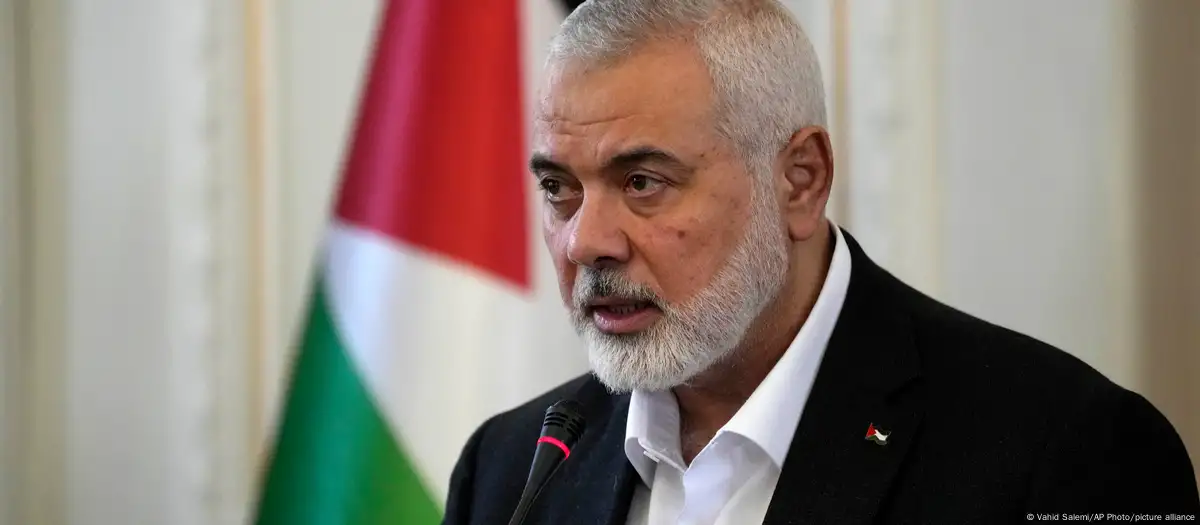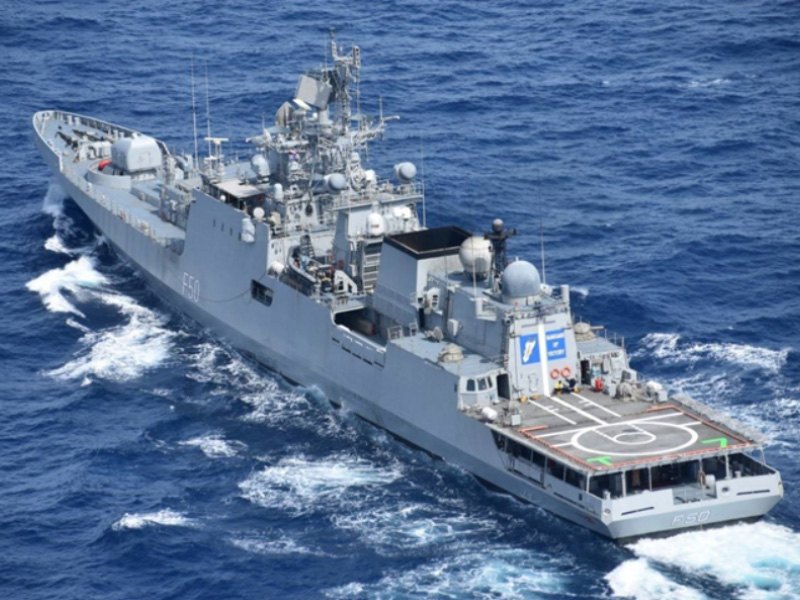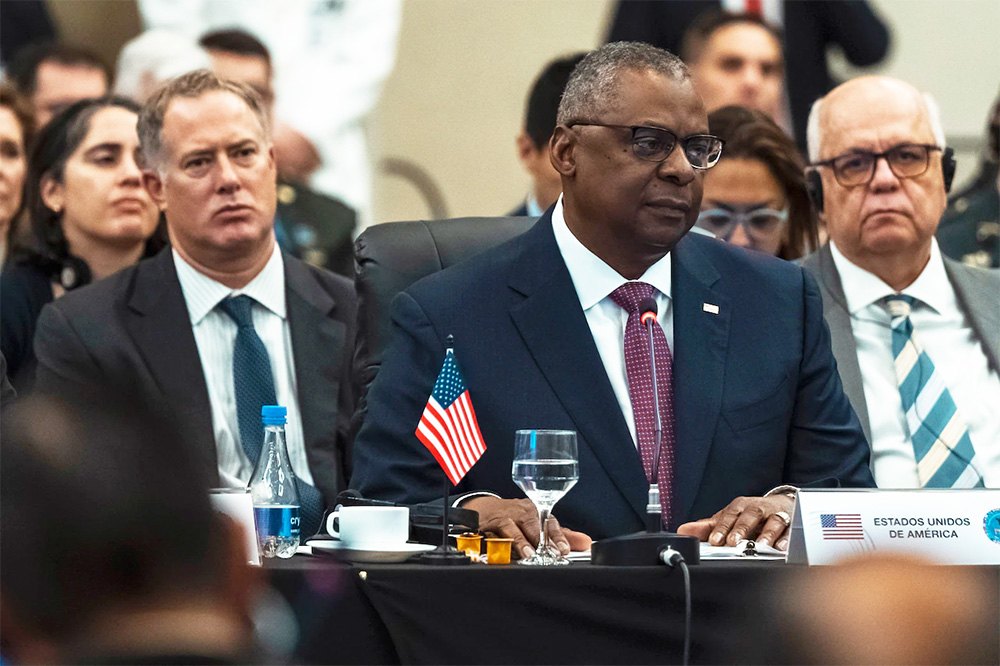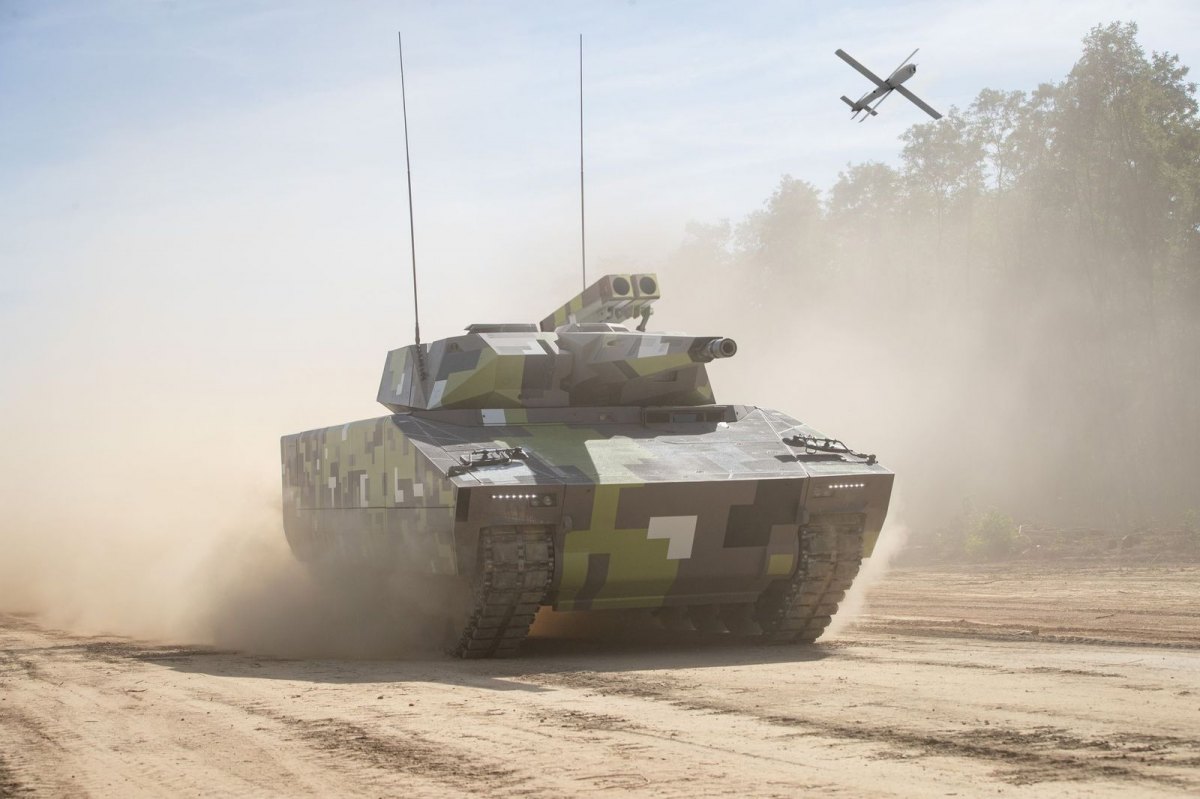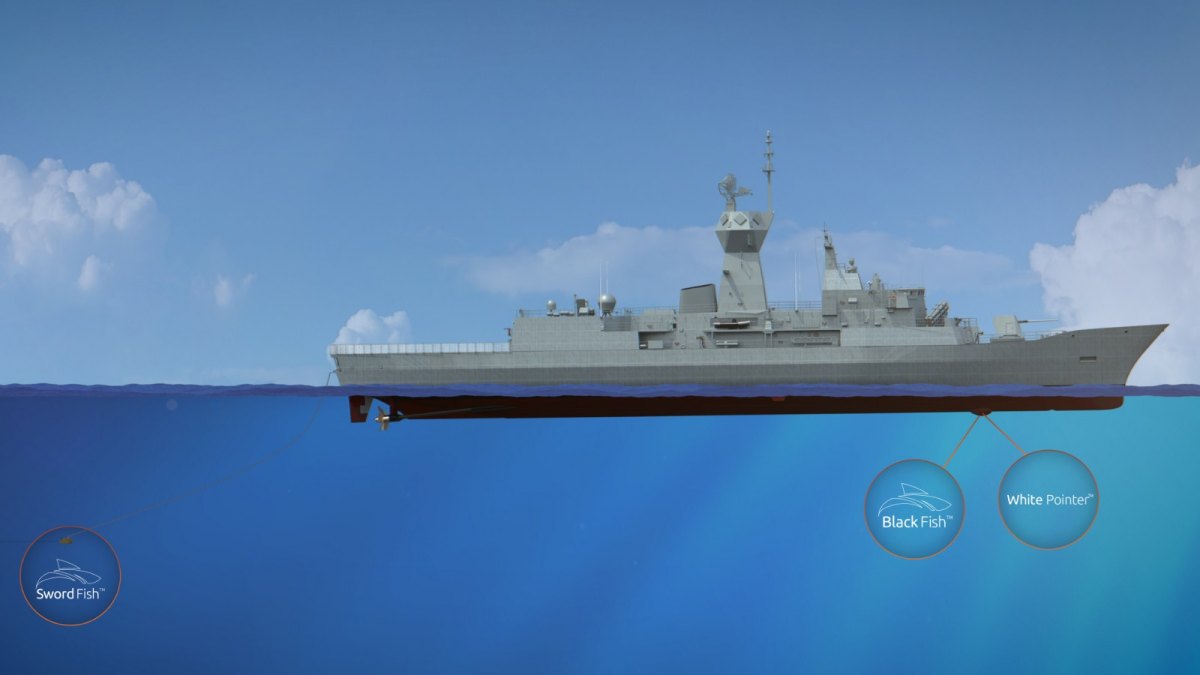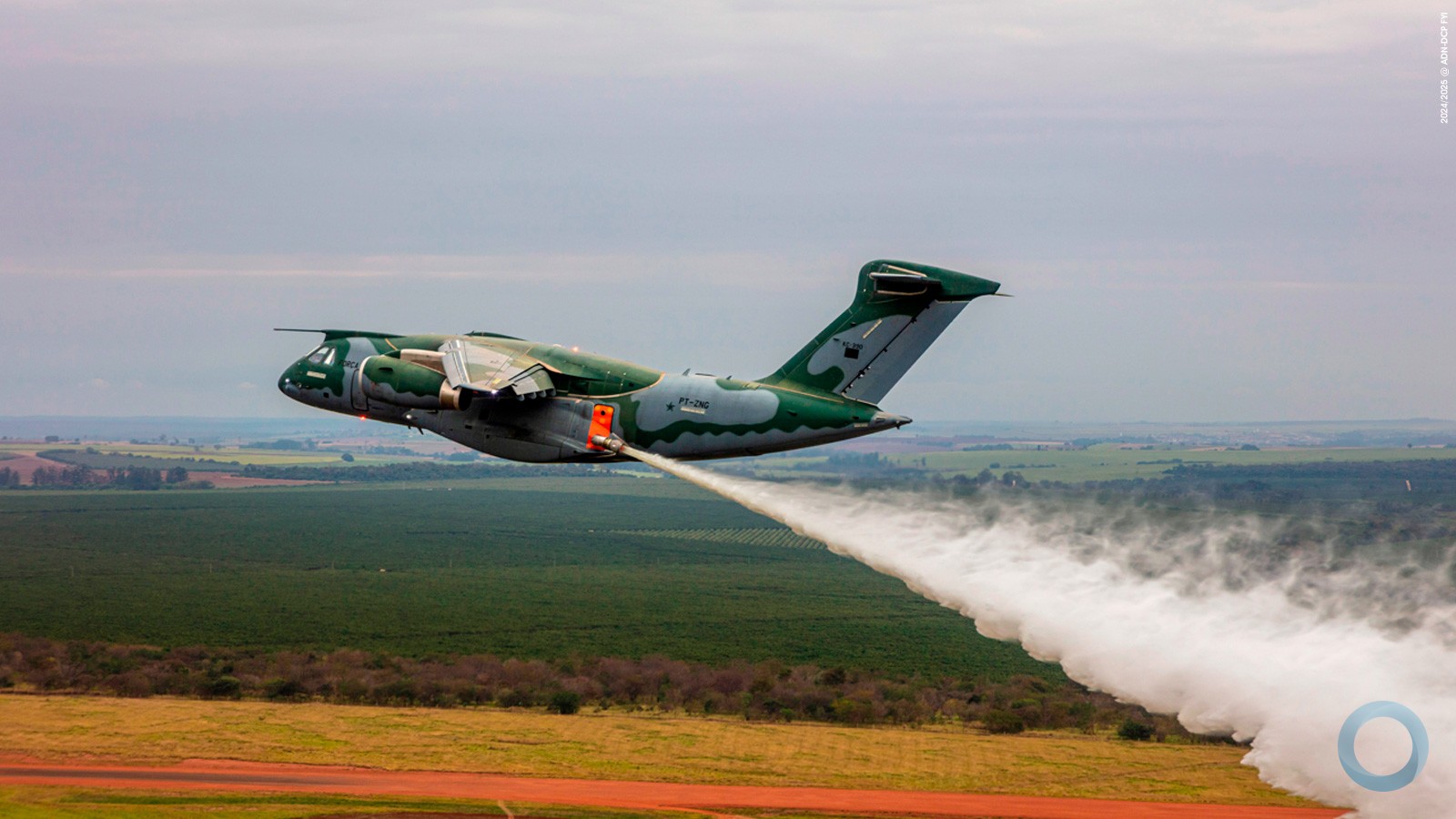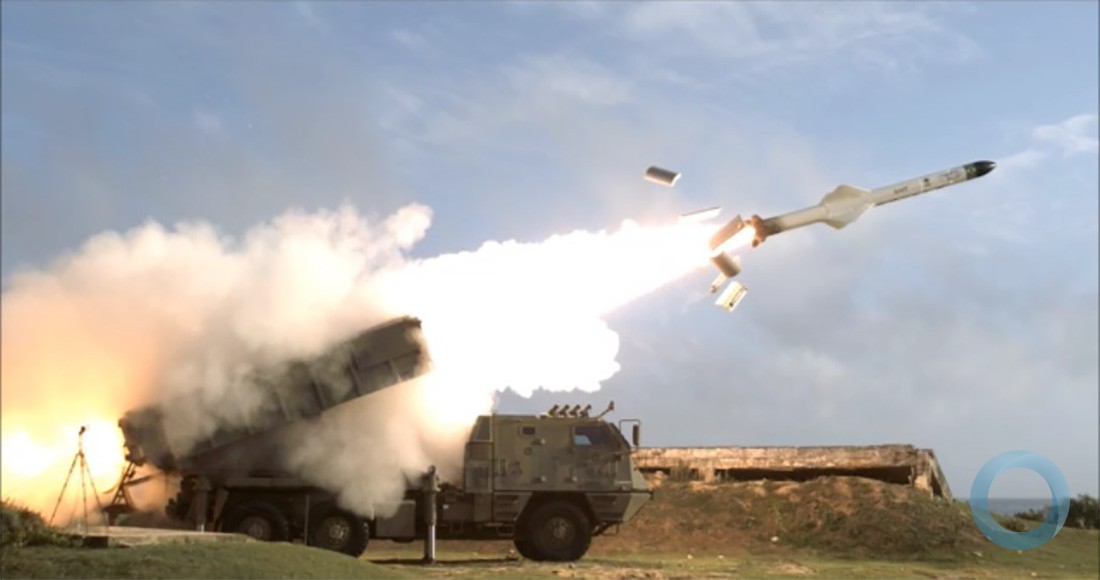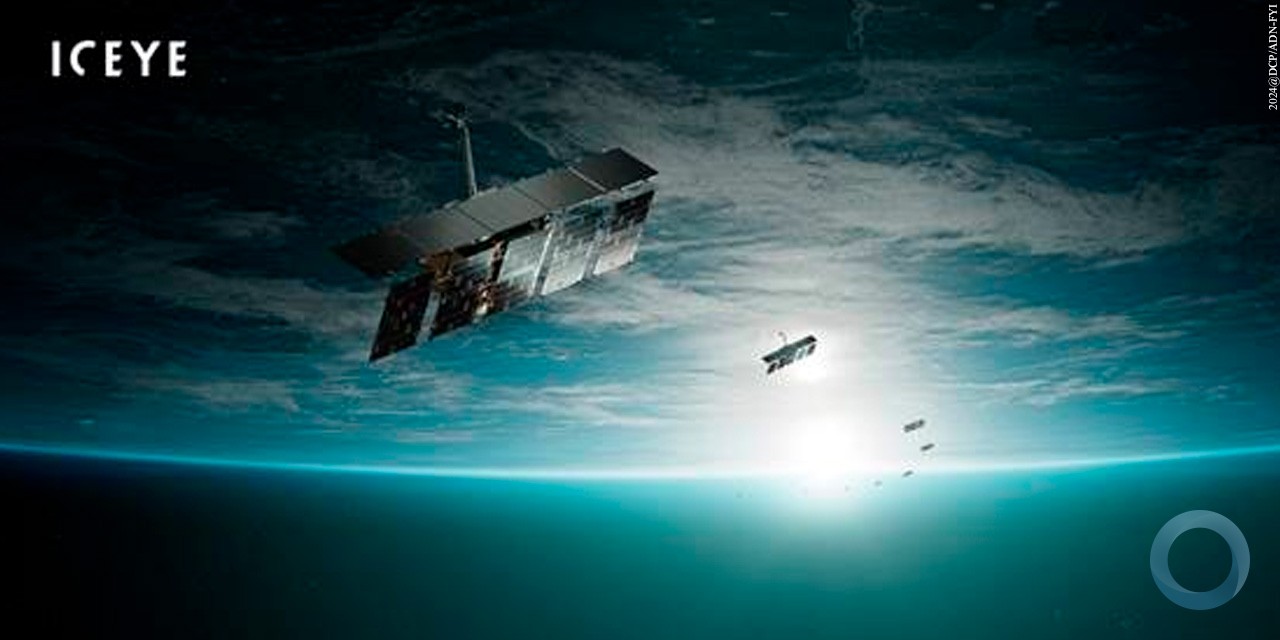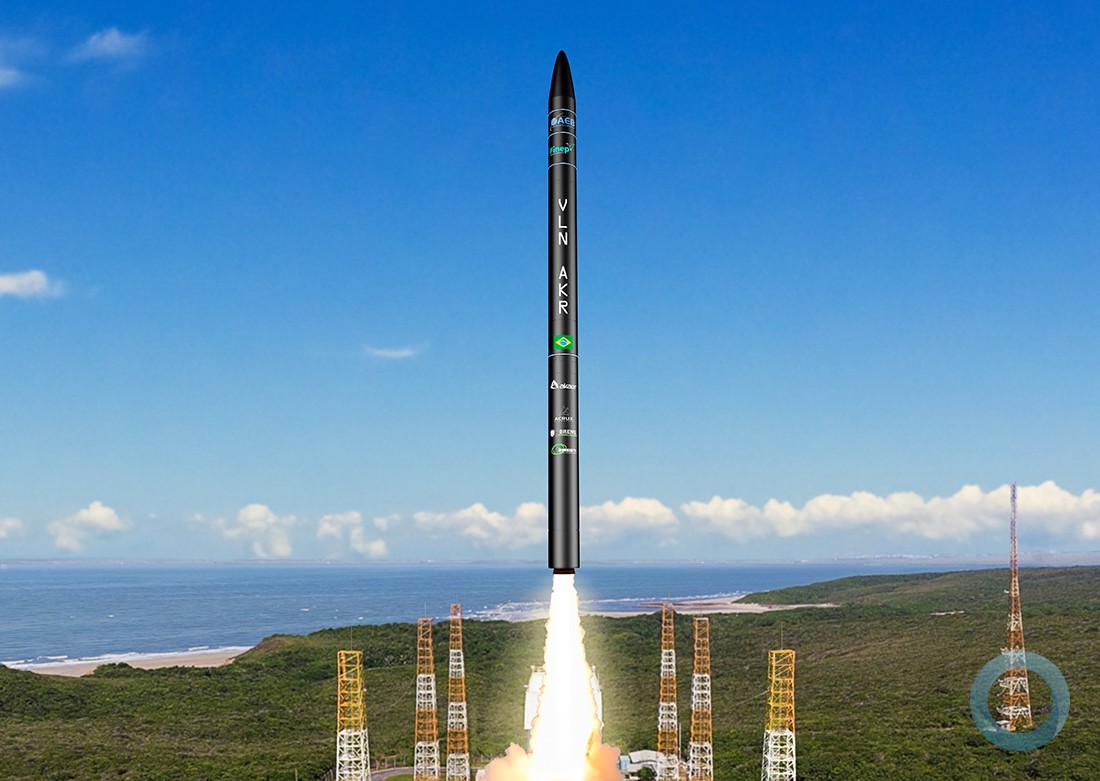![]()
![]()
Marcos Ommati
The morning of February 15th was very busy at the Amphibian Division Command of the Brazilian Marine Corps (CFN, per its Portuguese acronym). While preparing for the ceremony to commemorate 60 years of the Fleet Marine Squad (FFE, per its Portuguese acronym), scheduled to take place the following day, the military personnel were informed that two robbers had attempted to steal a motorcycle and were caught red-handed by a Marine patrol. While trying to escape, one of them shot at the Marines.
They returned fire, wounding one of the thieves, who later died at the scene. The Marines were patrolling the area following the instructions and procedures set up for their participation in Operation Carioca, a security maintenance operation on its second day in the main neighborhoods of Rio de Janeiro, as well as in the adjacent cities of Niterói and São Gonçalo. The deployment of federal troops was authorized by President Michel Temer in response to a request from Rio Governor Luiz Fernando Pezão.
“I am sorry I had to interrupt our conversation, but right now it is essential to give full support to the Marine who fired in self-defense,” explained Vice-Admiral Alexandre José Barreto de Mattos, the FFE commander who was being interviewed by Diálogo when he was informed of the robbery attempt. “It is important to keep the force’s morale high, and they need to be assured that the admiralty is here to support them in moments like this.”
Guarantee of law and order
Marine patrols of the streets of Rio de Janeiro are considered operations to guarantee law and order. They are also tasked with other missions, such as participating in security operations during the 2014 World Cup and the 2016 Olympic Games and have the full support of the FFE. “We have a very intense training program that includes preparing personnel at all levels for these types of operations. An intense training cycle has to be followed, and we call the main component of this cycle the main axis,” explained Vice Adm. Alexandre, who had been promoted to four stars the day before his interview with Diálogo, and will soon be the general commander of the Marine Corps.
A dash of history
In order to better understand the scope of FFE’s participation in these types of operations, a little historical background is necessary. The Marine Corps was created as a brigade under Portugal’s Navy in 1808. That same year it was incorporated as an amphibious squad to escort the Portuguese royal family to Brazil in order to flee Napoleon Bonaparte’s invasion forces. After the War of Independence of Brazil, also in 1808, the Portuguese Navy remained on Brazilian soil; at the time, the Marines were known as Marine soldiers. “As everything was still in the embryonic stage in the new country, many Brazilian Navy officers were sent abroad for visits, apprenticeships, and courses with the main foreign marine organizations, most notably the renowned U.S. Marine Corps,” said Rear Admiral José Luiz Corrêa da Silva, commander of the FFE’s Reinforcement Squad.
“The Brazilian and the U. S. marines have a strong and long-standing relationship. Our two forces have been exchanging experience and knowledge for many years now,” added Brig. Gen. Kevin M. Iiams, commander of U.S. Marines Corps Forces, South.
As years passed, the need arose to create a more modern force that would allow the employment of landing troops in amphibious operations. That is how, in 1957, a few brave men living in tents and using out-of-date equipment, but imbued with true legendary spirit, gave rise to what would later become the main operational branch of the CFN: the FFE.
“At the same time, carrier ships and landing boats were acquired, which were included in the training and operation of human resources, thus contributing to consolidate a mindset of amphibious operations in the Brazilian Navy,” described Navy Rear Admiral César Lopes Loureiro, commander of the Marine Amphibious Division, who was recently promoted to replace Vice-Admiral Alexandre in the FFE Command.
For many years, the CFN commander performed both functions, and also headed the FFE. But everything changed in 1981 when for the first time, a Marine admiral was promoted to four stars. General Domingos de Mattos Cortez took on the command of the CFN and transferred the position of FFE commander to Vice-Admiral Carlos de Albuquerque. The general commander of the Marine Corps was therefore detached and became a member of the admiralty, which reports directly to the Navy commander and serves as his advisors. Thus a general command sector was created. It handles human resources, materials, and the doctrine of employment for the Brazilian Marines.
The Brazilian Navy’s operations sector
“In fact, FFE was created to be the Marine Squad of A fleet, not of THE fleet, as it was the Brazilian Navy’s intention to have other fleets, which will most likely take place in a few more years,” explained Rear Adm. Corrêa. “So the Fleet Marine Squad is a self-organized marine unit available to the naval operations commander. In other words, we are referring here to a Navy’s operations sector that is empowered to conduct amphibious operations and to plan, execute, and control the performance of amphibious operations. It is the only unit within the Brazilian Armed Forces with this capability, since it maintains the troops prepared for this purpose, acquires material specifically for this, as well as the applicable doctrine to deploy in amphibious operations in its six modalities.”
During his speech at the ceremony to celebrate the 60-year anniversary of FFE on February 16th, Vice Adm. Alexandre said: “The Fleet Marine Squad, together with its subordinate forces, the Amphibious Division and the Reinforcement Squad, represent the formation of a special force that is not limited to amphibious operations, but is prepared for any mission required of the Brazilian Navy, with the ability to be deployed in multiple activities for the purpose of always fulfilling the aspirations of Brazilian society.” He added that “60 years have gone by since President Juscelino Kubitscheck signed the decree creating FFE but, despite its glorious history, forces are not static in their expeditionary nature or in their vision for the future. We will always scan the horizon in search of new challenges.”
“The 60th Anniversary of the FFE is a time to celebrate and a time to reflect on how important our marine partnership is for the success of both of our marine corps. Happy Birthday to our fellow Brazilian marines of the FFE,” concluded Brig. Gen. Iiams.






